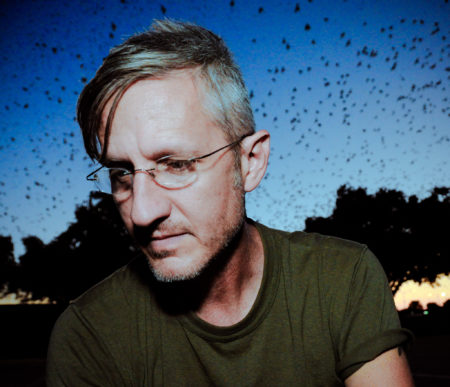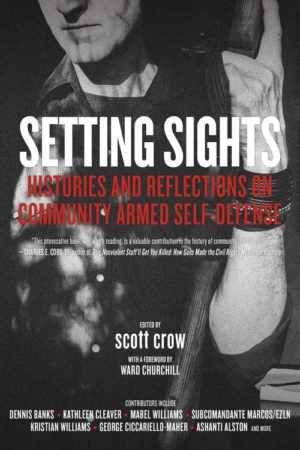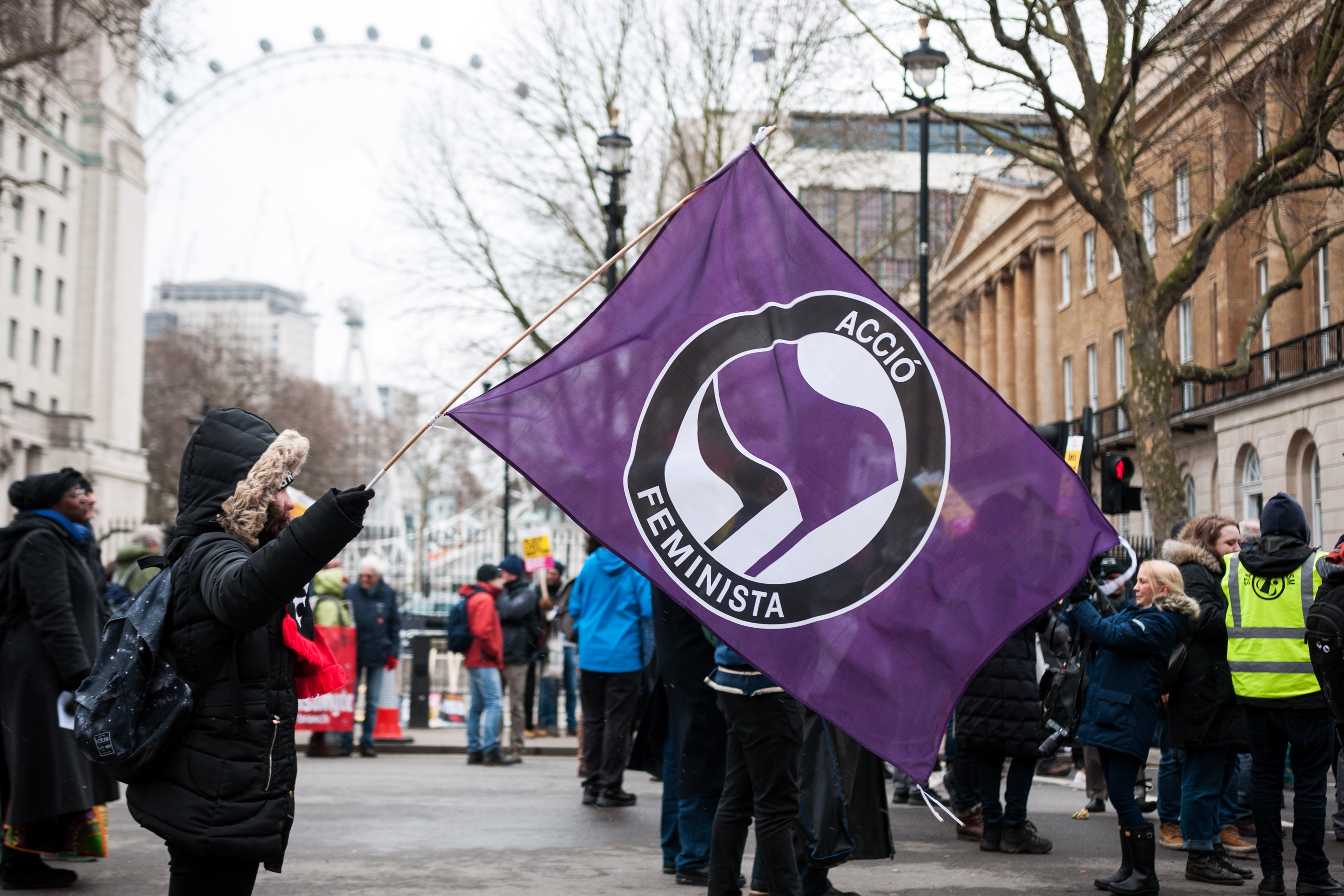This is the third and final part of my interview with scott crow. We discussed what comes after antifa finish driving neo-nazis and white supremacists from our streets.
In the second part of my interview, crow commented that the left is great at building “fire brigades” but less effective at building power.
I asked crow what building power looks like to him.
“I think that it starts with asking the question, ‘What does it take to build power?'”
Because we spend so much time fighting against the constant attacks of the far right, the ability of the left to ask for what we want has atrophied. We should “begin to lead by asking. What is it that we want? How do we get there? What do you want? How are you going to get there?”
“That’s a whole different set of things than saying ‘this is wrong and we’re going to stop that.’ Do you see the difference? That’s not even a subtle difference.”

The answers to those questions could lead to radical programs addressing a variety of needs. These might include corner healthcare clinics in neighborhoods, community gardens, or local alternatives to police.
Building power in times of crisis and disaster
Times of strife also provide opportunities to begin asking these vital questions about building power.
“Disasters reveal the failures of governments and capitalism more than anything,” crow said.
He defines “disaster” in its broadest sense, not just recent climate-driven extreme weather events, like Hurricane Harvey, but also political disasters like the election of Donald Trump.
He often looks to other movements in other places for inspiration and lessons we may be able to learn in our own struggles. Both the Zapatistas, and the Kurds in Rojava came up repeatedly during our discussion. Of the latter, he said:
That’s a very clear example where people said we’ve been resisting our own exploitation and oppression and basically their own genocide from three nation states: Turkey, Iran and Syria. So they began to ask different questions. Part of that is defending physically defending their physical spaces but part of it was to build their own infrastructures.
crow’s vision of building power is a hyper local one:
We can take care of our own security, we take care of our own food, we can exchange food with other people. We take care of our own health care. When I say build a clinic, or when I say build food security, I’m not talking about one clinic for 100,000 people. I’m talking block by block, neighborhood by neighborhood.
He told me he wants to see more community health clinics and gardens instead of “liquor stores and convenience stores and fucking strip malls.”
Beyond confrontations: Seeking a cure for American alienation
Antifa have had success in exposing fascists. We can get nazis fired or otherwise force some of them to face negative social consequences.
But what comes after that? And what about the nazis we can’t get fired or drive from our cities, because they’re so entrenched in profiting from hate? Similarly, although nazis are no longer mobilizing in the streets in very high numbers, many experts agree their influence on politics is still as dangerous as ever.
“The actual neonazis, the white separatists, the people who actually believe this to the core, the people who were part of the Aryan Brotherhood in prison, is such a small segment,” crow told me. He said he’s more concerned about people who might still be reachable, if we can help them find a sense of purpose. Even a relative of his, he said, has felt the pull of this online dark side.
“He wasn’t a neo-nazi but he went down the red pill road. He grew up in feminism but he felt alienated as a male in this country. He believed some of the things in the past that those people say in those forums. On Reddit, the MRAs.”

Building power means we need to “shift culture” so that fascists no longer find fertile ground. “What is this alienation that is being tapped into by fascistic tendencies, by misogynistic tendencies?”
crow thinks that radicals and the far left are unprepared for this work. “We’ve gotten so caught off guard as movements … and nobody thought the Tiny Handed Orange One was ever going to become our president. It gave space for all these Reddit people to come out of the woodwork.”
According to crow, the left needs to build programs to appeal to people who are often overlooked by radical organizing. For example, he suggested the left doesn’t do enough to help people struggling with alcoholism and addiction. Old systems like Alcoholics Anonymous seem justifiably problematic for atheists like crow (and myself). That doesn’t mean we should be ignoring a whole segment of the population in our organizing.
‘Setting Sights’: crow’s latest book looks at armed struggle & resistance
crow’s latest book is “Setting Sights: Histories and Reflections on Community Armed Self-Defense,” from PM Press. The book is a collection of essays from crow and his colleagues about the topic of armed self-defense from a radical left perspective.
“It is an anthology, a collection I put together of about 40 different voices of people participated in taking up arms in different times in the 20th century and the 21st century in small collective ways for community self defense.”
Before co-creating the Common Ground Collective, crow helped defend minority neighborhoods in New Orleans after Hurricane Katrina from rampaging racists and white supremacists. This helped to shape crow’s view on guns. He sees armed struggle as a tactical choice and a temporary one. In contrast, the far right often sees guns as a lifestyle unto themselves. The book creates a diverse, global portrait of this kind of limited use of guns. Groups cited range from the Zapatistas in Mexico to the American Indian Movement.
This book doesn’t talk about pro- or anti- or gun rights or the Constitution. It’s only about this very specific thing: when these groups of people took up guns in this particular way. It asks these questions like is there ways to do it without falling into the same traps of becoming standing armies or doing propaganda bombing or becoming macho? How do you overcome macho culture if you have guns? Or how do you share power with guns? So we ask as many questions as the stories are told in this book.”
For more on the book, I recommend Truthout’s recent interview with crow.
 Building Power: scott crow On Asking The Right Questions After Antifa by Kit O’Connell is licensed under a Creative Commons Attribution 4.0 International License.
Building Power: scott crow On Asking The Right Questions After Antifa by Kit O’Connell is licensed under a Creative Commons Attribution 4.0 International License.
Based on a work at https://kitoconnell.com/2018/04/25/building-power/.
